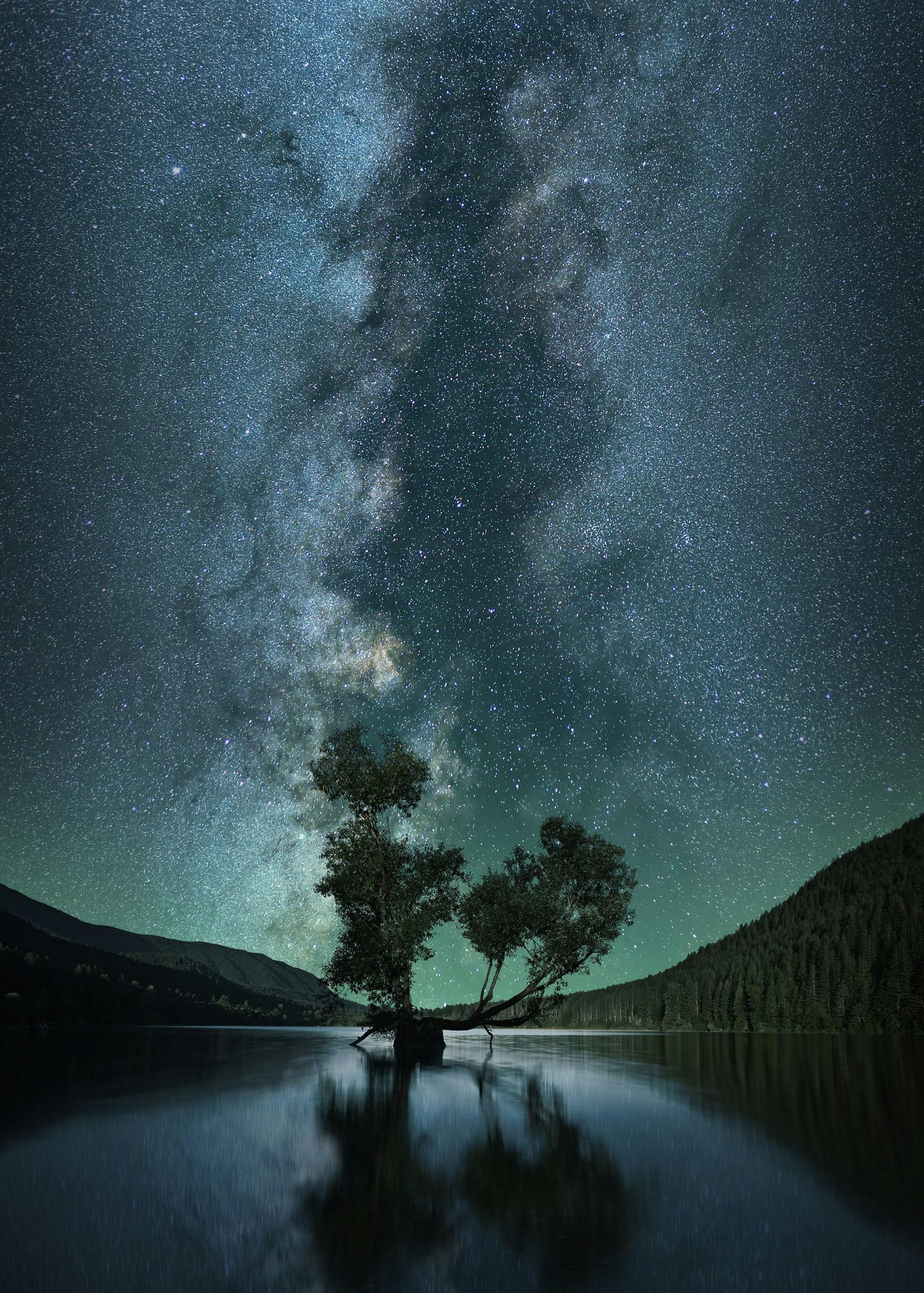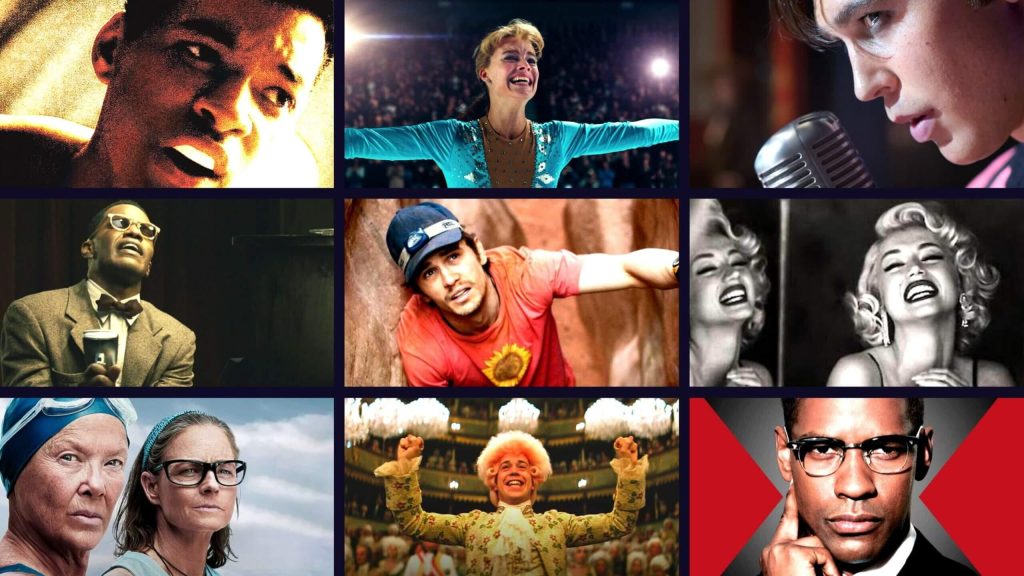In the vast cosmos of cinema, where stories traverse galaxies and ideas transcend time, classic science fiction films have long held a gravitational pull on audiences. Among these celestial bodies of storytelling, Stanley Kubrick‘s “2001: A Space Odyssey” shines brightly, a monolith of imagination and introspection. Released in 1968, it was a visionary leap into the unknown, challenging viewers to ponder the future of humanity and the mysteries of the universe. Yet, as we stand in an era where technology has surpassed many of its once-futuristic predictions, one must ask: can these classic sci-fi films still ignite the spark of inspiration in today’s audiences? As we embark on this exploration, we delve into the timeless allure of “2001” and its ilk, examining whether their narratives continue to resonate, provoke, and inspire the dreamers and thinkers of the modern age.
Legacy of Imagination Exploring Timeless Themes in Classic Sci-Fi Cinema
Classic sci-fi cinema, with films like 2001: A Space Odyssey, offers a rich tapestry of timeless themes that continue to resonate with audiences today. These films delve into profound questions about humanity’s place in the universe, the evolution of consciousness, and the implications of technological advancement. Stanley Kubrick’s magnum opus, for instance, invites viewers to ponder the mysteries of existence through its stunning visuals and minimalist storytelling, encouraging a reflection on the relationship between humans and machines.
- Exploration of the Unknown: Classic sci-fi films often challenge audiences to confront the vastness of space and the possibilities that lie beyond our current understanding.
- Human vs. Machine: Themes of artificial intelligence and the potential consequences of technological overreach remain pertinent in today’s digital age.
- Existential Reflection: The genre frequently explores philosophical questions, prompting viewers to consider deeper meanings and the nature of consciousness.
These enduring themes not only capture the imagination but also provoke thought and discussion, making classic sci-fi cinema a wellspring of inspiration for both contemporary creators and audiences seeking to explore the human condition.

Visual Storytelling Techniques and Their Impact on Modern Filmmaking
Visual storytelling in classic sci-fi films like 2001: A Space Odyssey has left an indelible mark on modern filmmaking, not only in terms of aesthetic innovation but also in how narratives are constructed. The film’s use of minimal dialogue and its reliance on visual cues to convey complex ideas have set a precedent for directors aiming to craft immersive experiences. Here are some techniques that have had a lasting impact:
- Symbolism: Kubrick’s use of objects like the monolith serves as a visual metaphor for human evolution and technological advancement, inviting audiences to ponder deeper meanings without explicit explanations.
- Non-linear Storytelling: The film’s episodic structure challenges traditional narrative arcs, encouraging modern filmmakers to experiment with timelines and perspectives.
- Practical Effects: The detailed models and sets used to create space scenes have inspired a resurgence of practical effects in an era dominated by CGI, emphasizing the tangible authenticity they bring to storytelling.
These techniques have not only influenced the visual grammar of contemporary cinema but also continue to inspire directors to explore new dimensions of storytelling, ensuring that the legacy of classic sci-fi films remains a potent source of inspiration.
The Relevance of Philosophical Questions in Todays Society
In an era where technological advancements rapidly reshape our world, classic sci-fi films like 2001: A Space Odyssey remain remarkably pertinent. These films delve into philosophical questions that continue to resonate with contemporary audiences. Stanley Kubrick’s masterpiece, for instance, explores themes that challenge our understanding of humanity’s place in the universe and the ethical implications of artificial intelligence. Such films invite us to ponder:
- What defines consciousness and sentience?
- How do we navigate the ethical landscape of AI development?
- What is the future of human evolution?
By addressing these questions, classic sci-fi serves as a mirror reflecting societal concerns about progress and existence. The philosophical inquiries posed by these films encourage viewers to question their own beliefs and assumptions, fostering a deeper understanding of the human condition. As we continue to grapple with the implications of technological innovation, these timeless cinematic works offer a lens through which we can examine our trajectory, prompting both introspection and dialogue.

Reviving Inspiration Engaging New Audiences with Classic Sci-Fi Narratives
Classic sci-fi films like 2001: A Space Odyssey continue to serve as a wellspring of inspiration for audiences, bridging the gap between the fantastical and the philosophical. These narratives engage viewers by exploring profound questions about humanity, technology, and the universe. The unique storytelling techniques and groundbreaking visual effects of such films create a canvas where imagination is not only sparked but also stretched to new horizons. Timeless themes of existentialism, artificial intelligence, and the quest for knowledge resonate with audiences, offering a rich tapestry of ideas that remain relevant in today’s rapidly evolving world.
- Visual Storytelling: Kubrick’s meticulous attention to detail creates a visual feast that captivates and challenges viewers to look beyond the surface.
- Philosophical Depth: The film’s exploration of human evolution and artificial intelligence invites introspection and dialogue, keeping audiences engaged long after the credits roll.
- Cultural Impact: As a cultural touchstone, it continues to influence modern filmmakers and storytellers, inspiring new generations to push the boundaries of sci-fi storytelling.
In engaging new audiences, these classic narratives invite them to experience a sense of wonder and curiosity about the unknown, a powerful antidote to the familiarity of everyday life. By revisiting and reimagining these timeless stories, we can continue to find inspiration and provoke thought, ensuring that the legacy of classic sci-fi endures in the ever-changing landscape of modern cinema.









